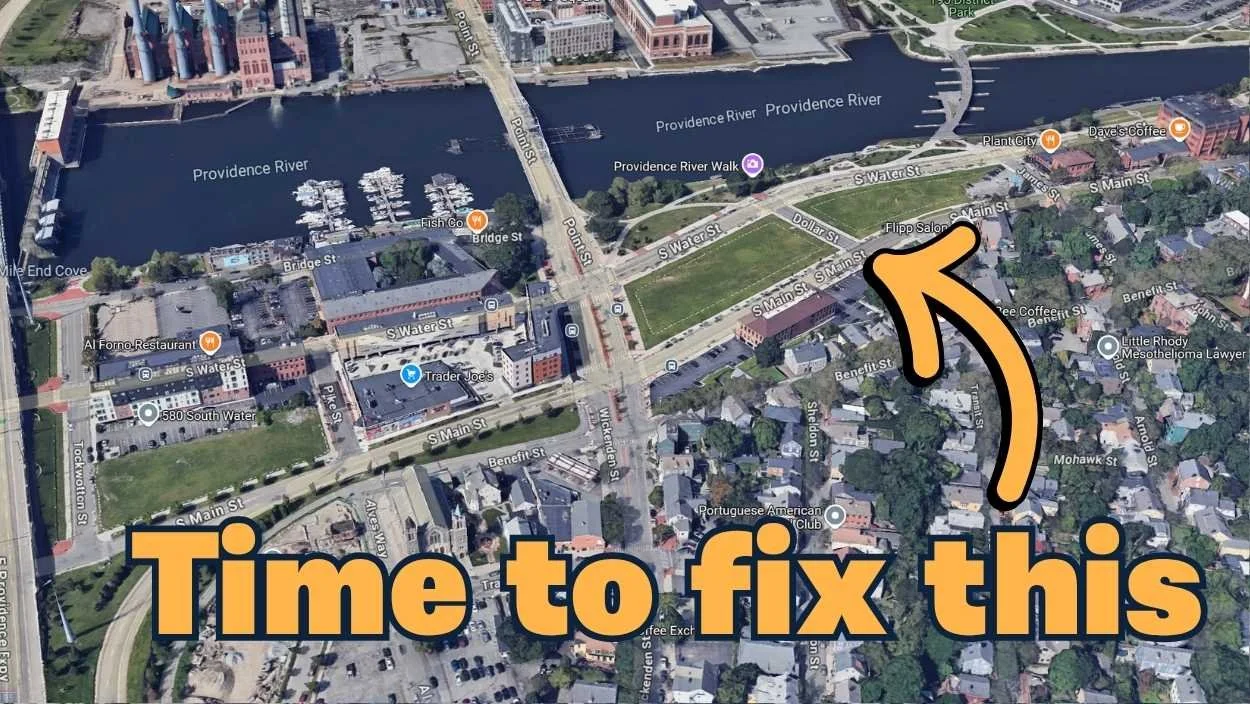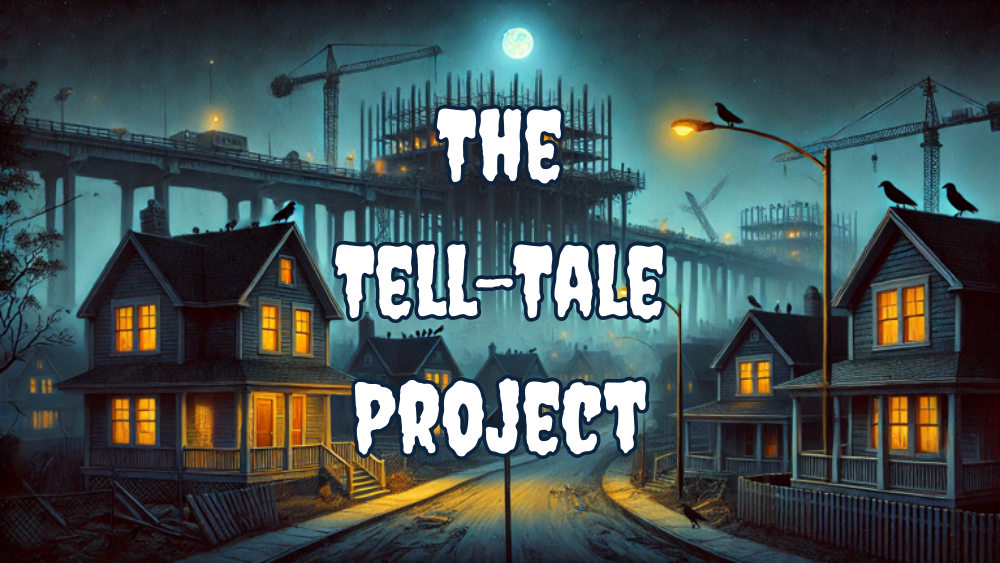Removing an urban highway is a big win—but the work doesn’t stop there. Providence shows how cities can take the next steps to repair their communities.
Read MoreNorth Carolina’s I-26 Connector illustrates everything wrong with the way state DOTs operate—especially in an area still recovering from Hurricane Helene. But it also shows how these systems can change.
Read MoreBrandi Thompson is the co-founder and leader of Strong Towns ABQ, a Local Conversation in New Mexico. She discusses the strategies that have helped her group successfully advocate for zoning reform and against highway expansions.
Read MoreWest Virginia’s $1.6 billion Road to Prosperity program was supposed to cover maintenance costs and reignite economic growth. Seven years later, the money’s gone and the situation has gotten worse.
Read MoreAn intersection redesign in Fairbanks, Alaska, proves that road projects are not always improvements—and that DOT priorities are often out of touch with reality.
Read MoreIn 2011, the Rhode Island Department of Transportation decided to do something extremely unusual: It removed an urban highway. Here are three lessons to learn from their success.
Read MoreA new order from the U.S. Department of Transportation is proposing a different approach to transportation spending. If implemented, it could deliver long-overdue reforms, the kind Strong Towns has long supported. However, the specifics raise serious concerns.
Read MoreStanis Moody Roberts is a business owner from Portland, Maine, who has been organizing local opposition to a highway expansion for the past year. He joins today’s episode to discuss this journey and the progress his community has made.
Read MoreChuck discusses housing with Cullum Clark, director of the Economic Growth Initiative at the George W. Bush Institute. They talk about why there is so much resistance to new development and ways that officials and advocates could engage with the public to reduce that resistance.
Read MoreThe terms chosen to describe upcoming road work often misrepresent the actual projects, ascribing a positive or negative bias that affects how political leaders interpret and underwrite them. The DOT Decoder is the perfect gift for decoding three common terms used by departments of transportation and their engineers.
Read MoreBuses are an important part of a city’s transportation system, but they’re considered a mode of last resort for many people. Here’s why it’s important to make bus systems more appealing — and a few ideas on to do so.
Read MoreChuck was recently challenged to come up with five things that the next president, whoever they end up being, should do once they’re in office. In today’s episode of the Strong Towns Podcast, he shares that list and explains why each item is important to building a stronger America.
Read MoreStrong Towns is dedicated to making meaningful progress in pursuing our mission, regardless of who wins elections. To that end, here are five things we want to see the next president do to support the prosperity of America’s cities, towns and neighborhoods.
Read MoreIn honor of the season, here’s a short adaptation of Edgar Allan Poe’s “The Tell-Tale Heart,” which illustrates the damage that zombie projects — large, ambitious projects that drag out for years or never get off the ground — can do to a place.
Read MoreFor decades, state and federal highway agencies have justified massive projects with traffic forecast models. But a closer look reveals a troubling pattern of exaggeration, manipulation and outright falsification in these models.
Read MoreThe Northern Beltline project has been haunting Alabama for over 50 years, draining money, time and energy from other more productive and desired projects. Here’s how it came about — and why it refuses to stay dead.
Read MoreOn this week’s episode of the Strong Towns Podcast, Chuck is joined by Beth Osborne, the director of Transportation for America, to discuss the Highway Trust Fund and how it affects federal and state transportation policies.
Read MoreFrom lying about survey results to misrepresenting traffic data, the impending expansion of Interstate 95 in Pennsylvania exemplifies so much of what is insidious and manipulative about highway expansion projects.
Read MoreThe reign of the yellow school bus is officially over, as the majority of students get to school by private vehicles and schools cut their bussing programs. How did this shift happen? And should we really mourn the bus?
Read MoreIn this episode of the Strong Towns Podcast, Chuck is joined by Eric Goldwyn, a leading urban scholar and transit expert, to discuss the benefits of high-speed rail and how it could brought to the U.S.
Read More



















